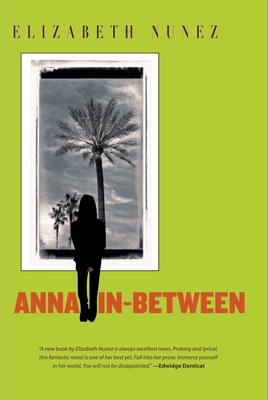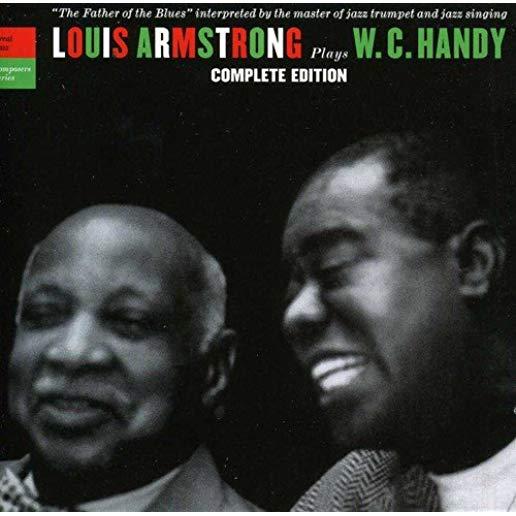
"Nunez has created a moving and insightful character study while delving into the complexities of identity politics. Highly recommended." --Library Journal, Starred Review
Anna In-Between is Elizabeth Nunez's finest achievement to date. In spare prose, with laserlike attention to every word and the juxtaposition of words to each other, Nunez returns to her themes of emotional alienation, within the context of class and color discrimination, so richly developed in her earlier novels. Anna, the novel's main character, who has a successful publishing career in the US, is the daughter of an upper-class Caribbean family. While on vacation in the island home of her birth she discovers that her mother, Beatrice, has breast cancer. Beatrice categorically rejects all efforts to persuade her to go to the US for treatment, even though it is, perhaps, her only chance of survival. Anna and her father, who tries to remain respectful of his wife's wishes, must convince her to change her mind.
In a convergence of craftsmanship, unflinching honesty, and the ability to universalize the lives of her characters, Nunez tells a story that explores our longing for belonging to a community, the age-old love-repulsion relationship between mother and daughter, the Freudian overtones in the love between daughter and father, and the mutual respect that is essential for a successful marriage. One of the crowning achievements of this novel is that it shines a harsh light on the ambiguous situation of this ruling-class family who rose from the constraints of colonialism to employ their own servants. It is a strength of the novel that it understands that the political truth is not distinct from the truth of the family or the truth of love relationships; they are integrated into a unity in this novel constituting one unbroken reality as they are in real life.







